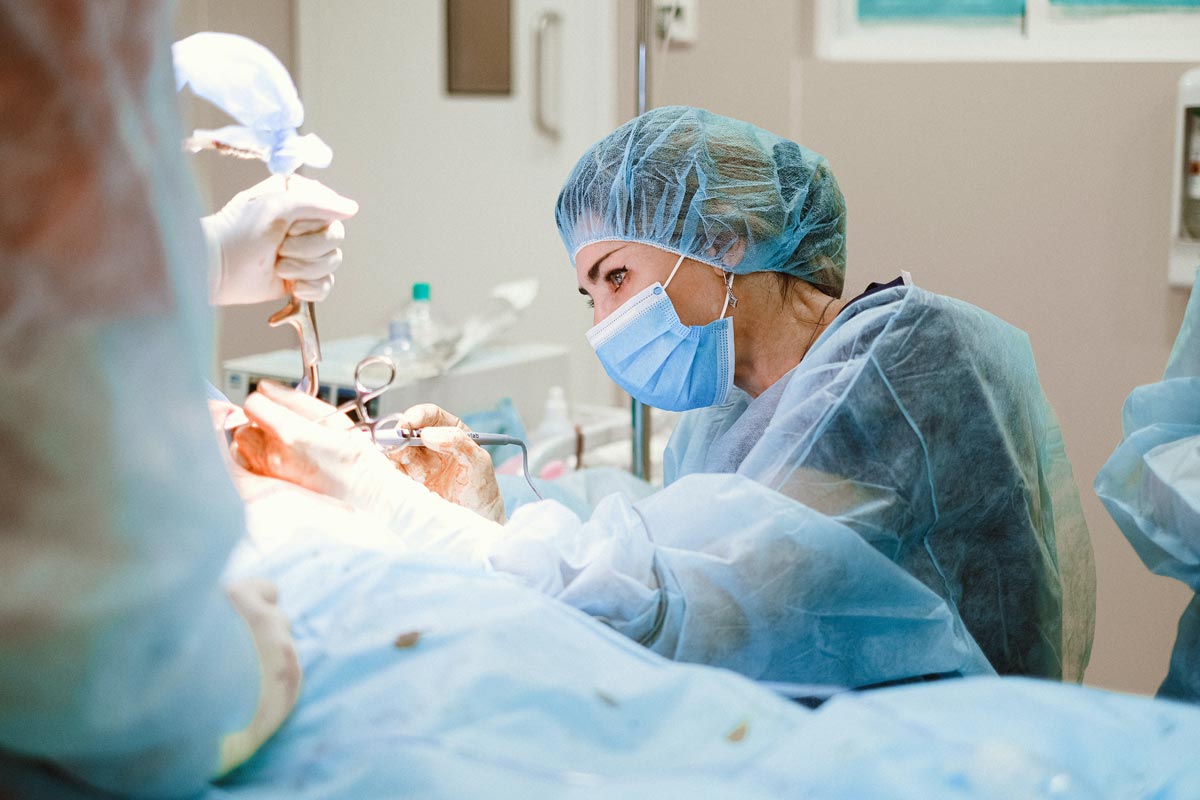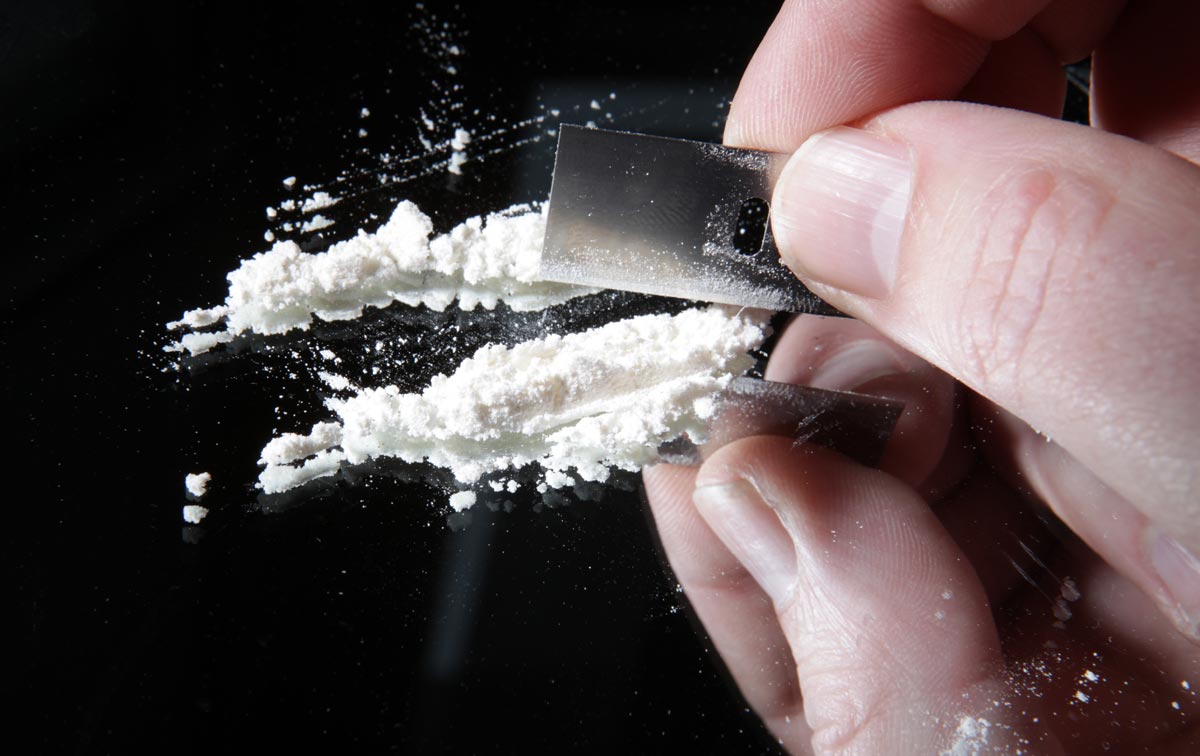What is a Wax Pen? A wax pen is a handheld vaporizing device consisting of a cartridge, a battery, and a mouthpiece. The system …
How Can I Handle College Parties and Stay Sober?
Go to Sober Parties A lot of people aren’t aware that there are plenty of sober parties and activities on most campuses. In …
Continue Reading about How Can I Handle College Parties and Stay Sober?
How Do I Stay Clean and Sober Through Surgery?
Talk To Your Doctor If you have a history of substance abuse, it’s important to talk to your doctor. Even the nurse at your …
Continue Reading about How Do I Stay Clean and Sober Through Surgery?
Can Cocaine Kill You? Yes, and Here’s How
Cocaine’s euphoric effects on the body can quickly turn to paranoia, anxiety, insomnia, sleeplessness, and heart problems –but few …
Continue Reading about Can Cocaine Kill You? Yes, and Here’s How










